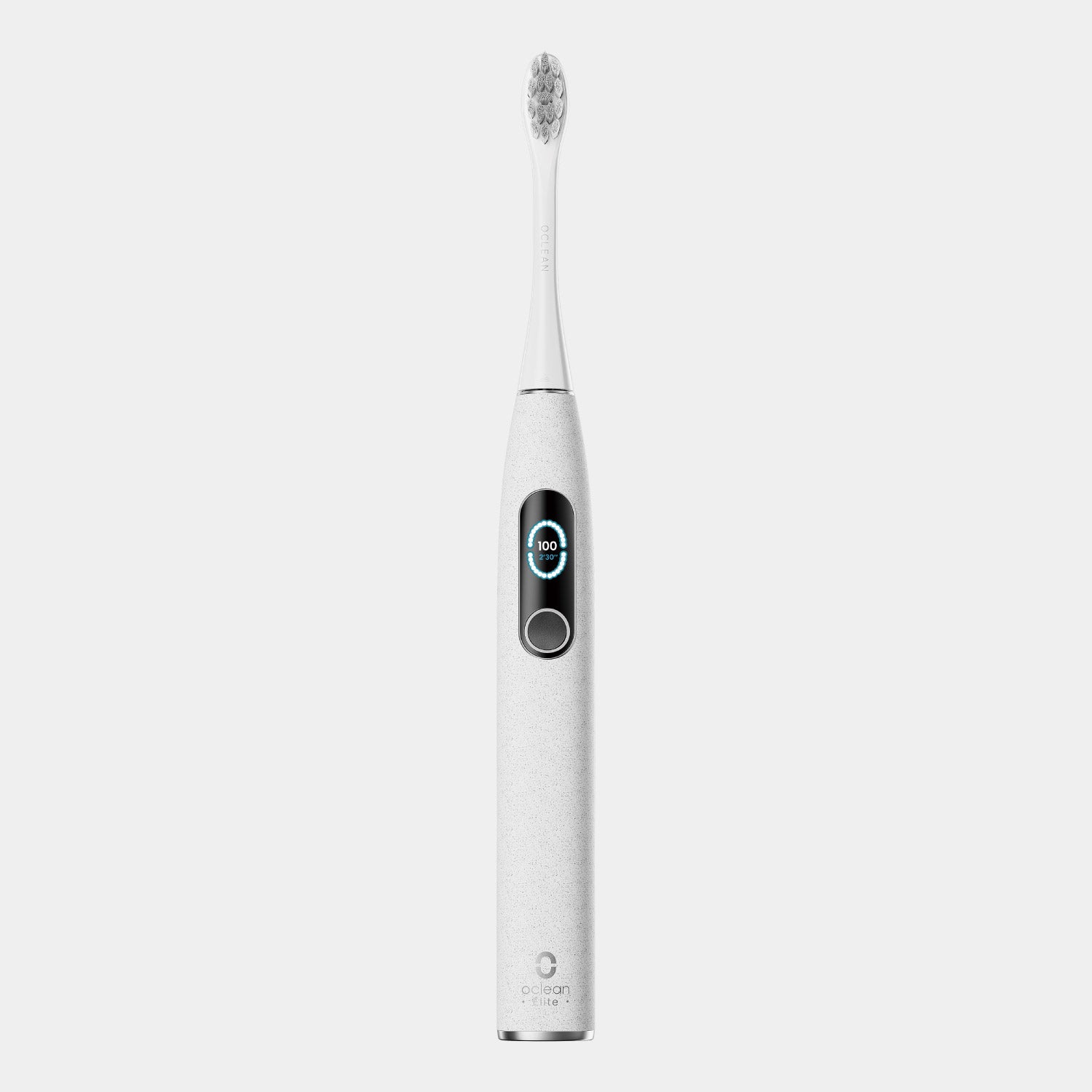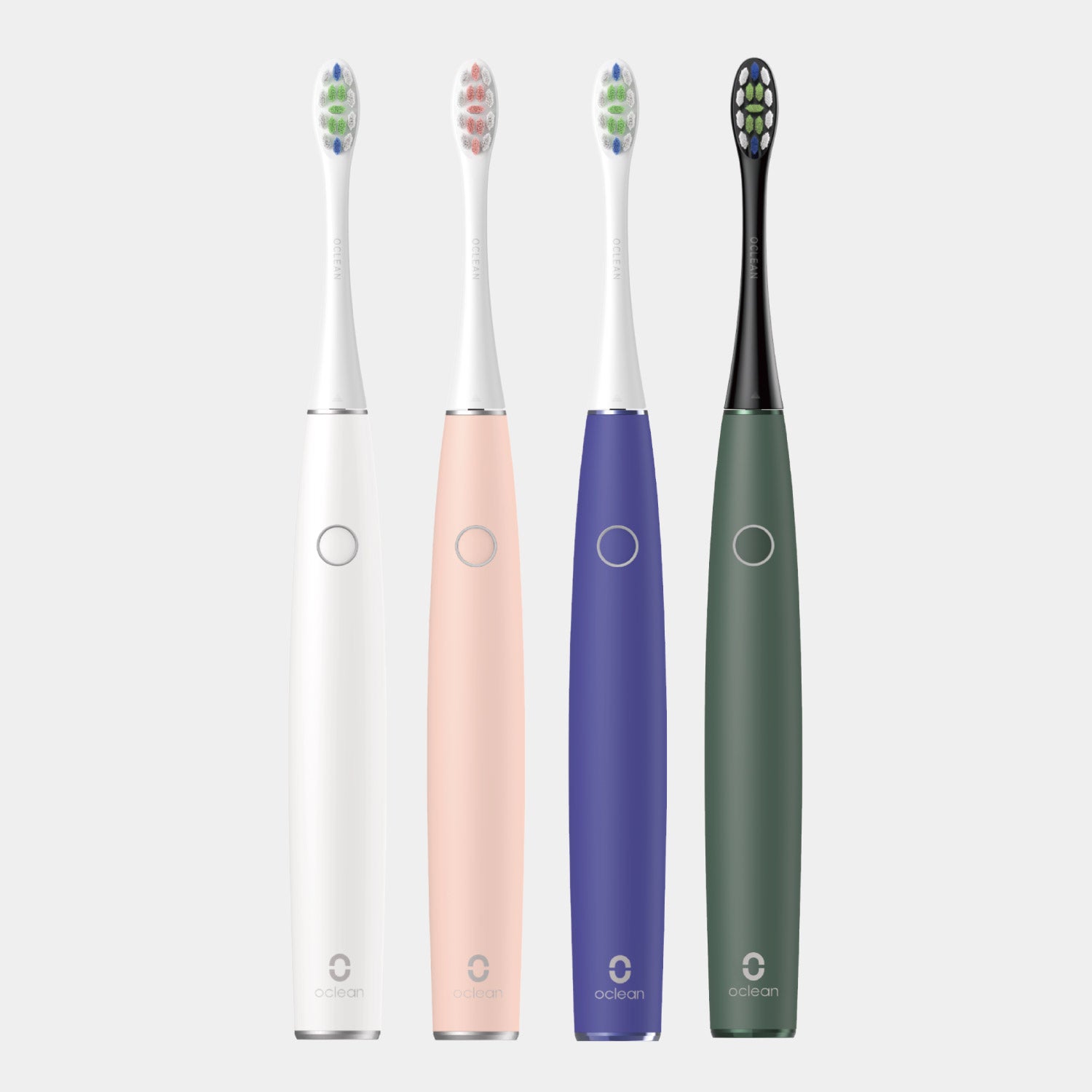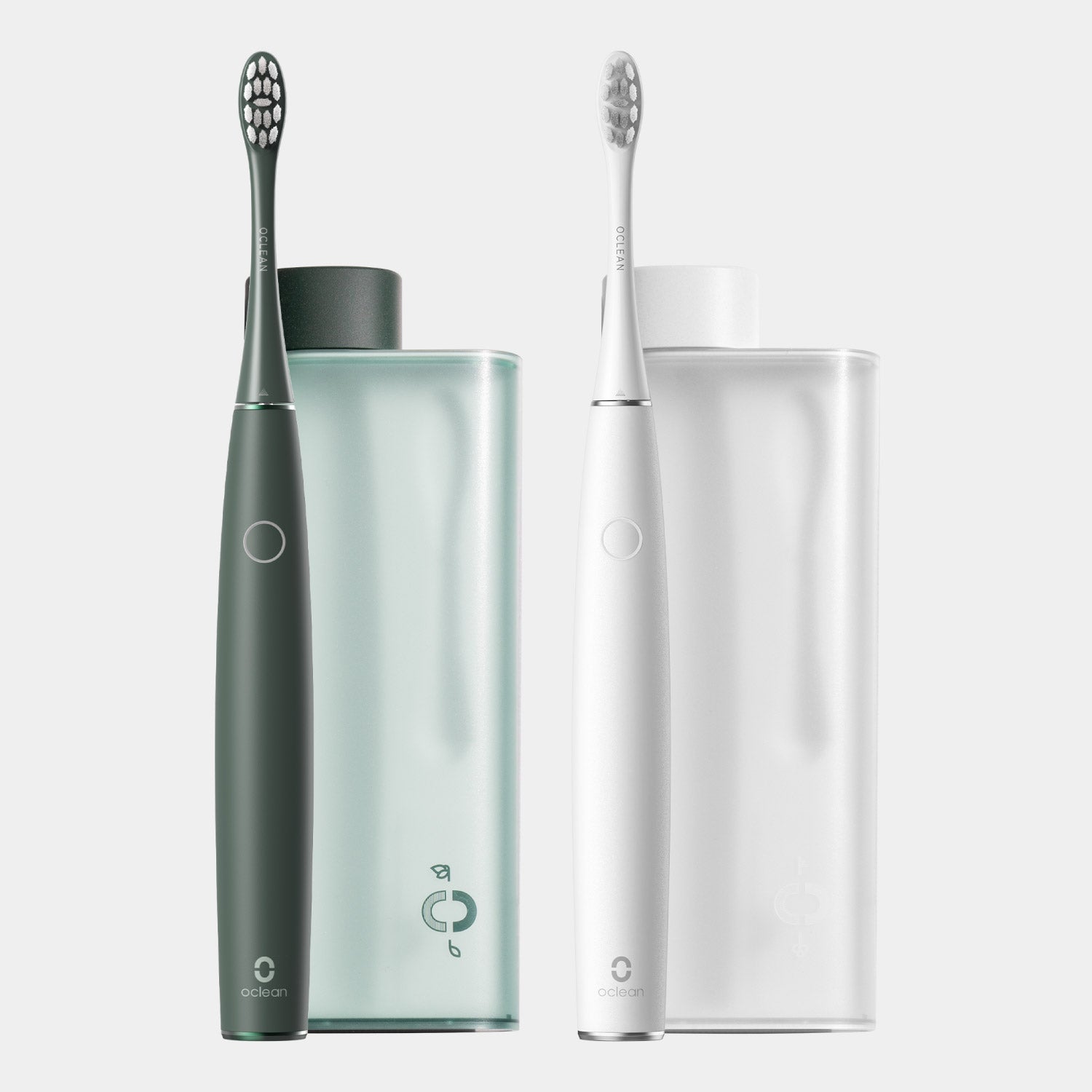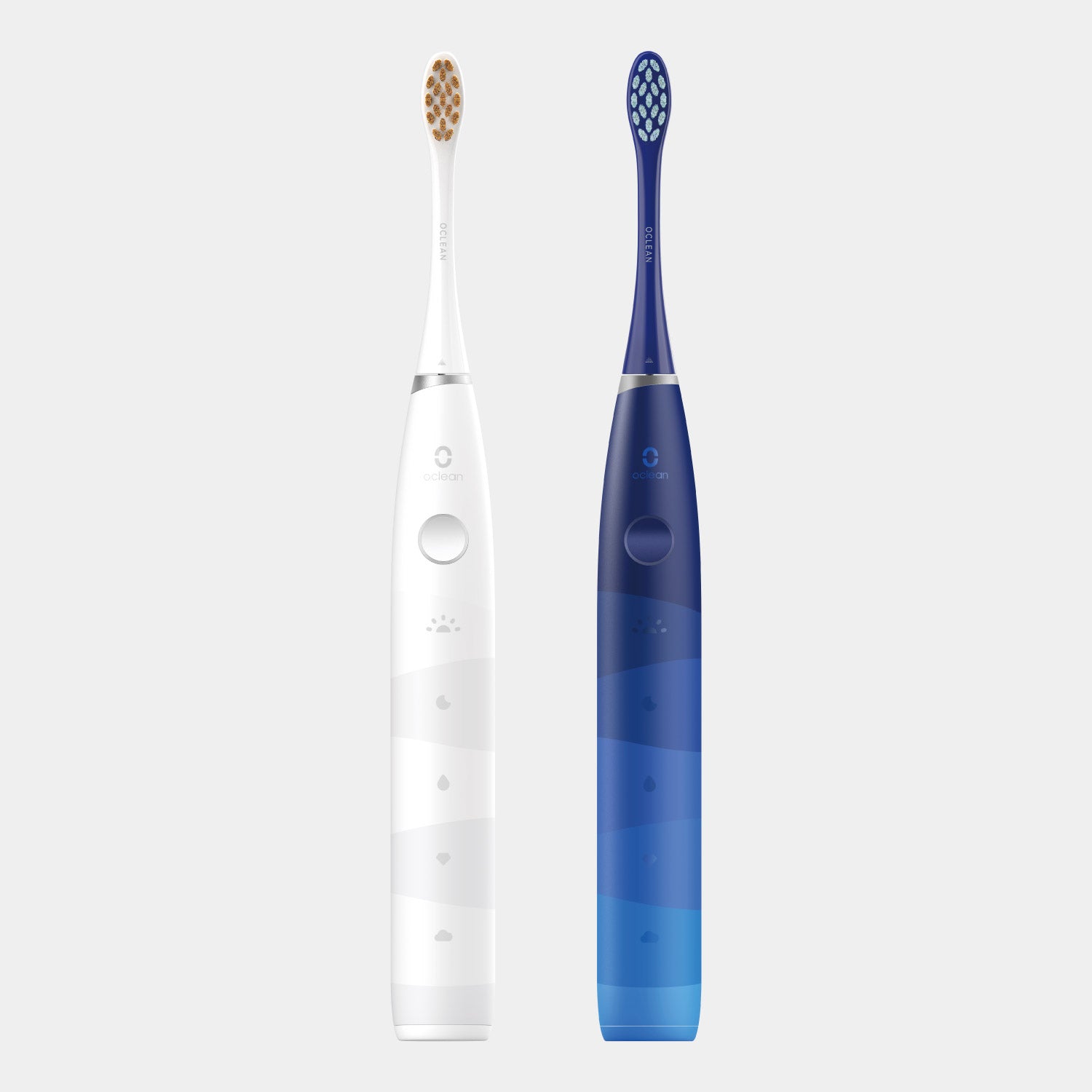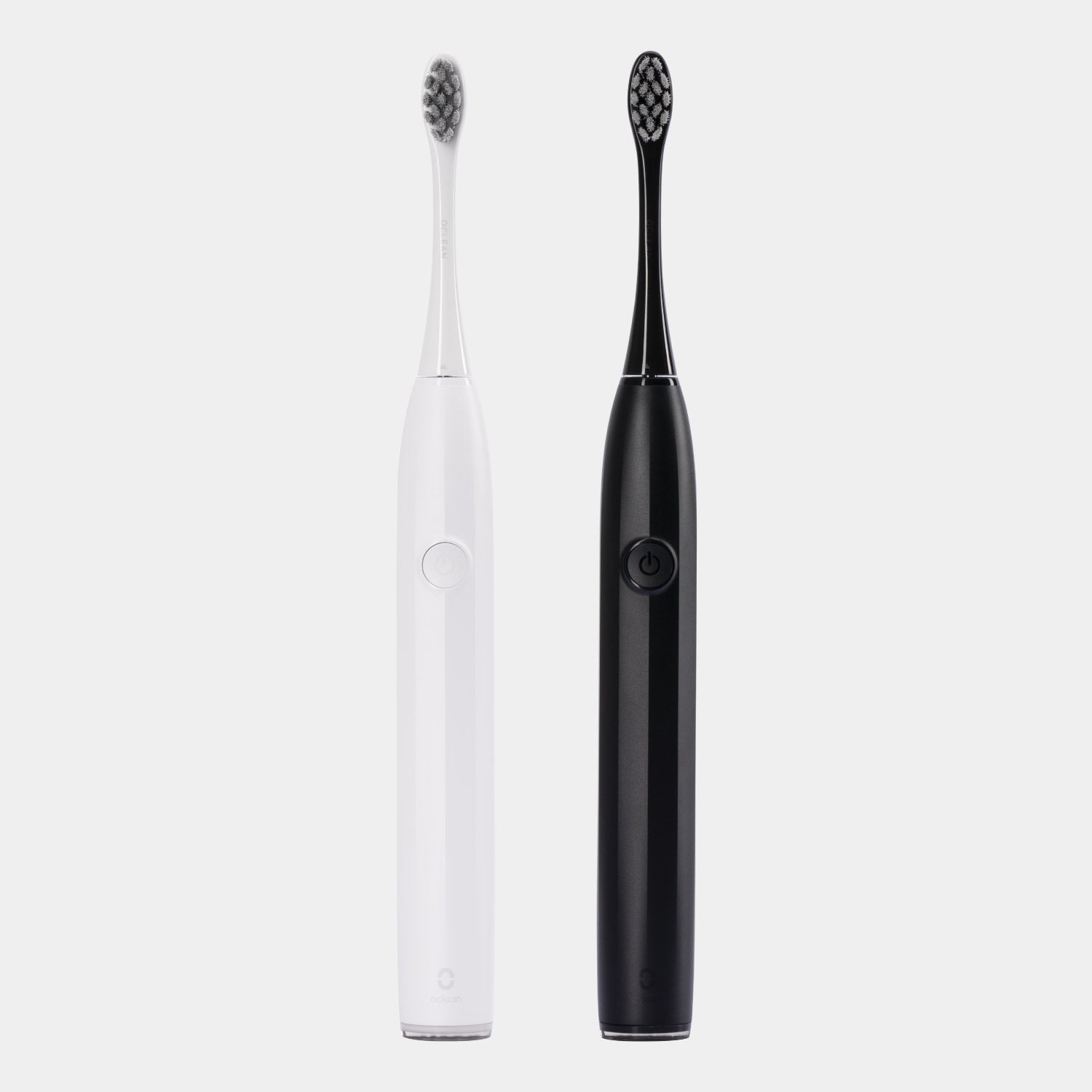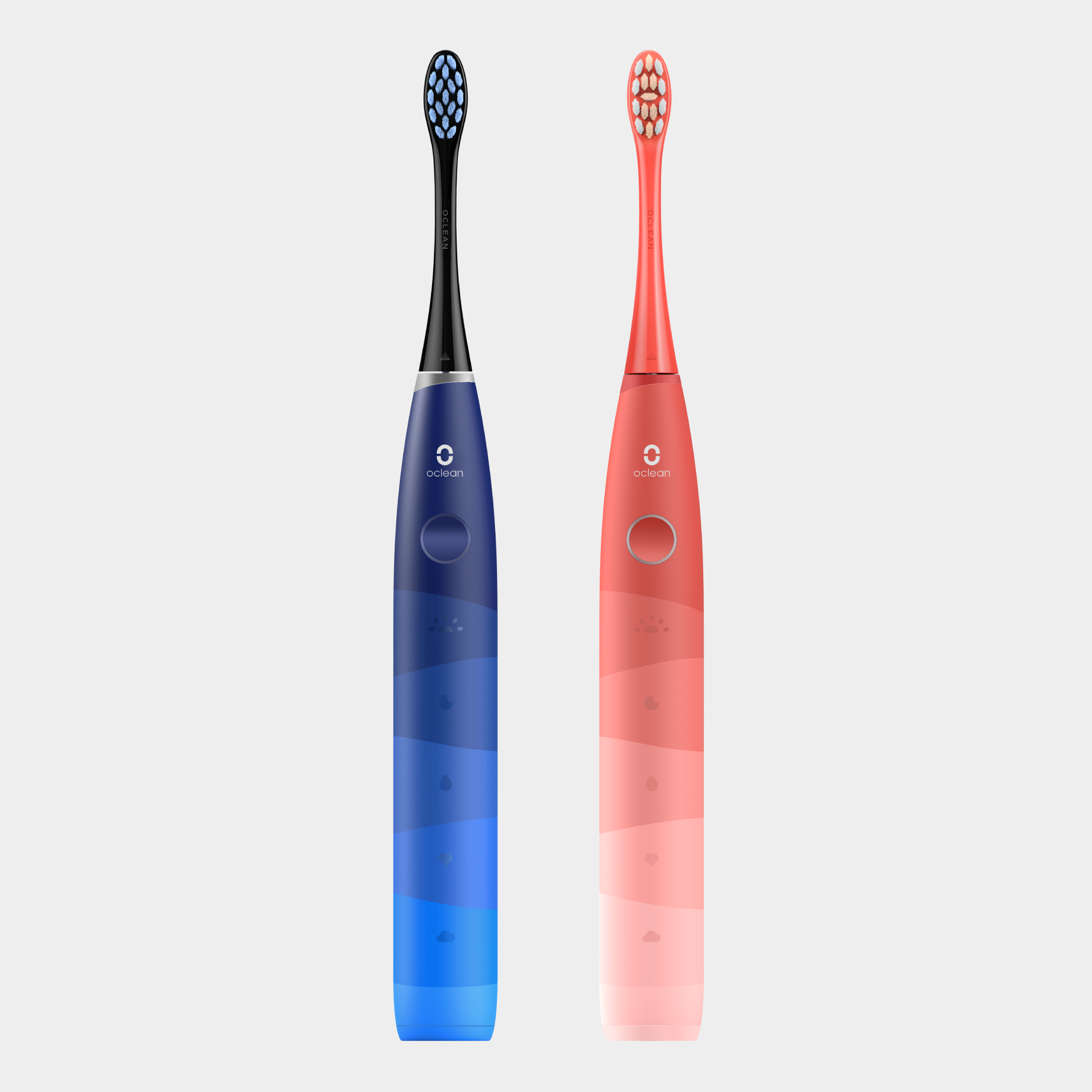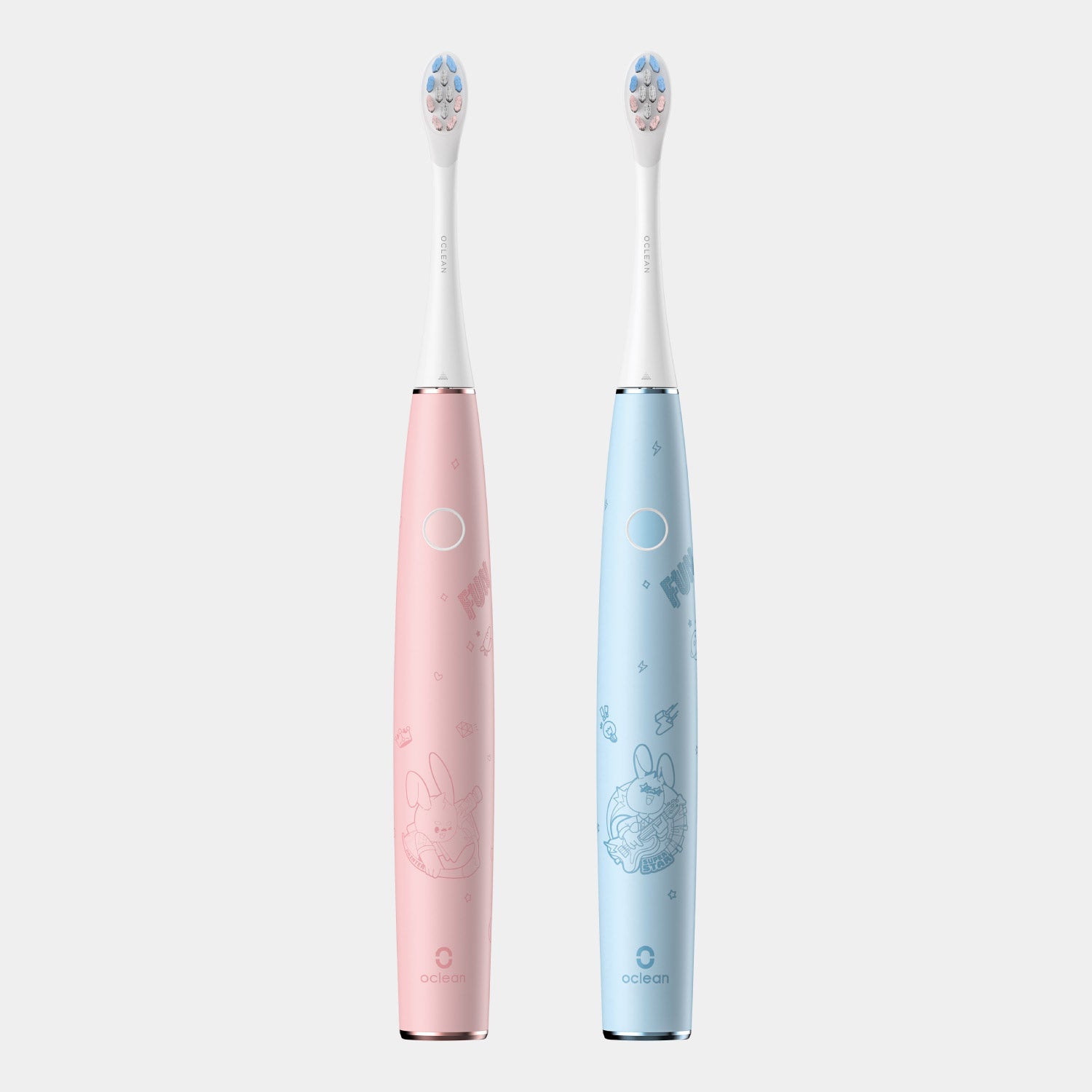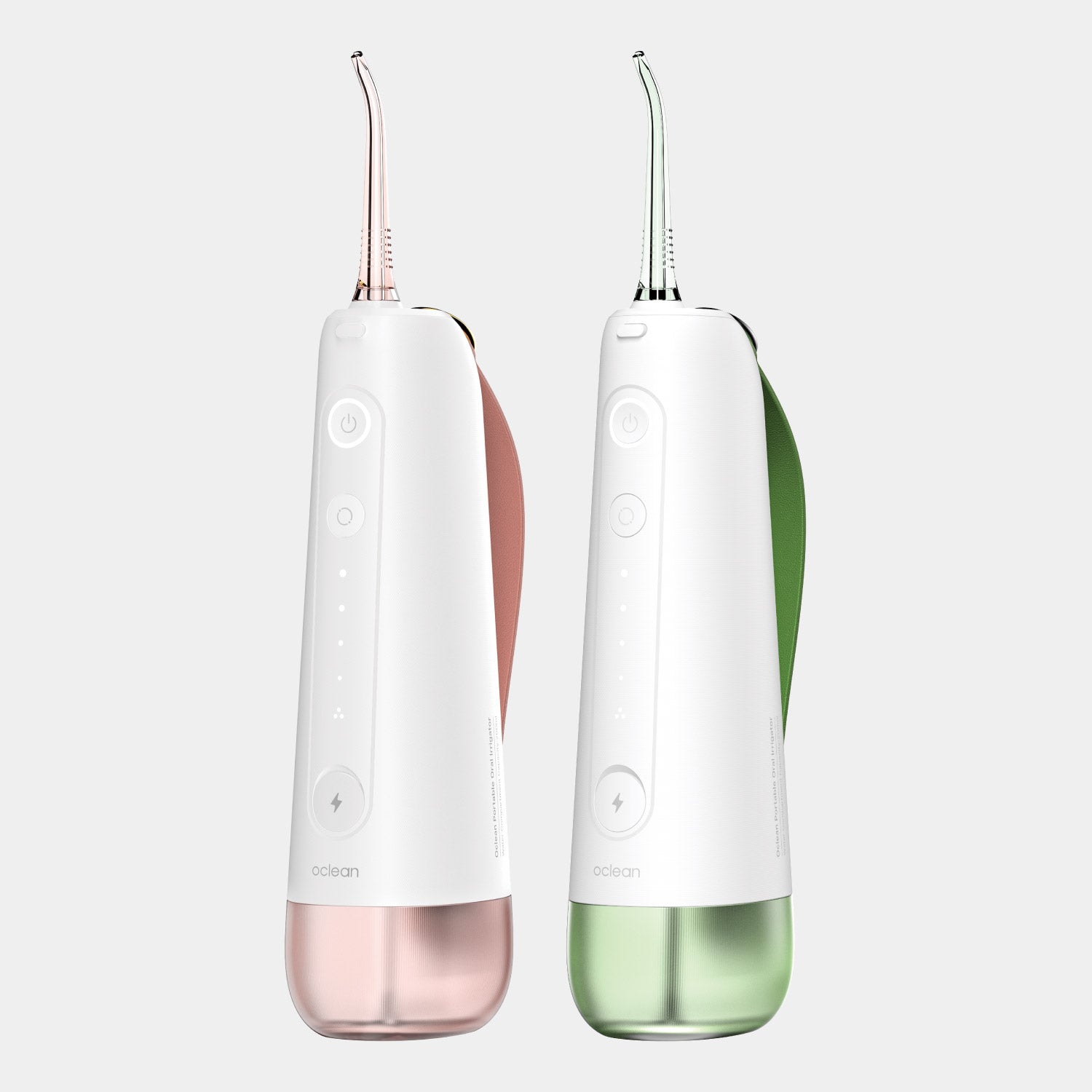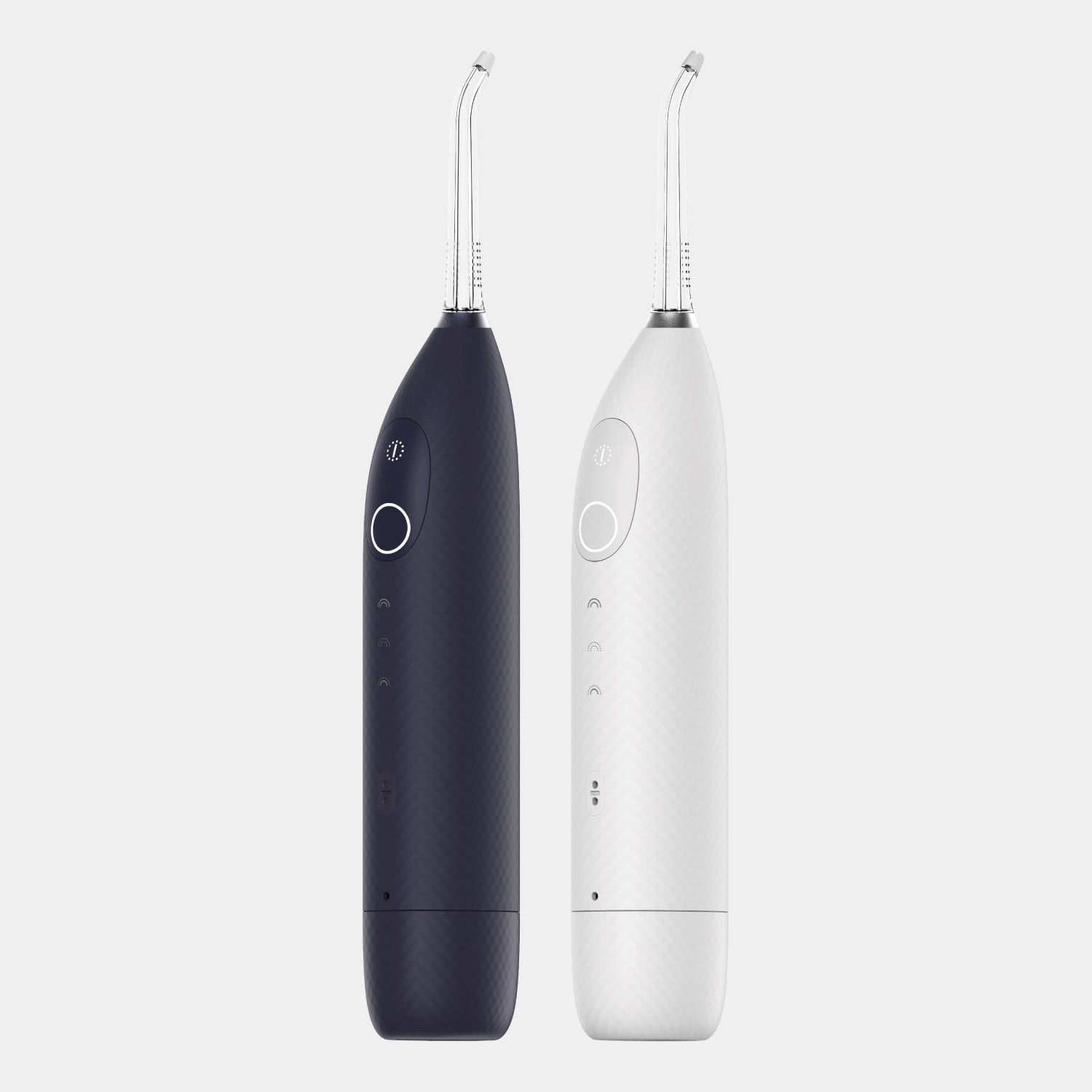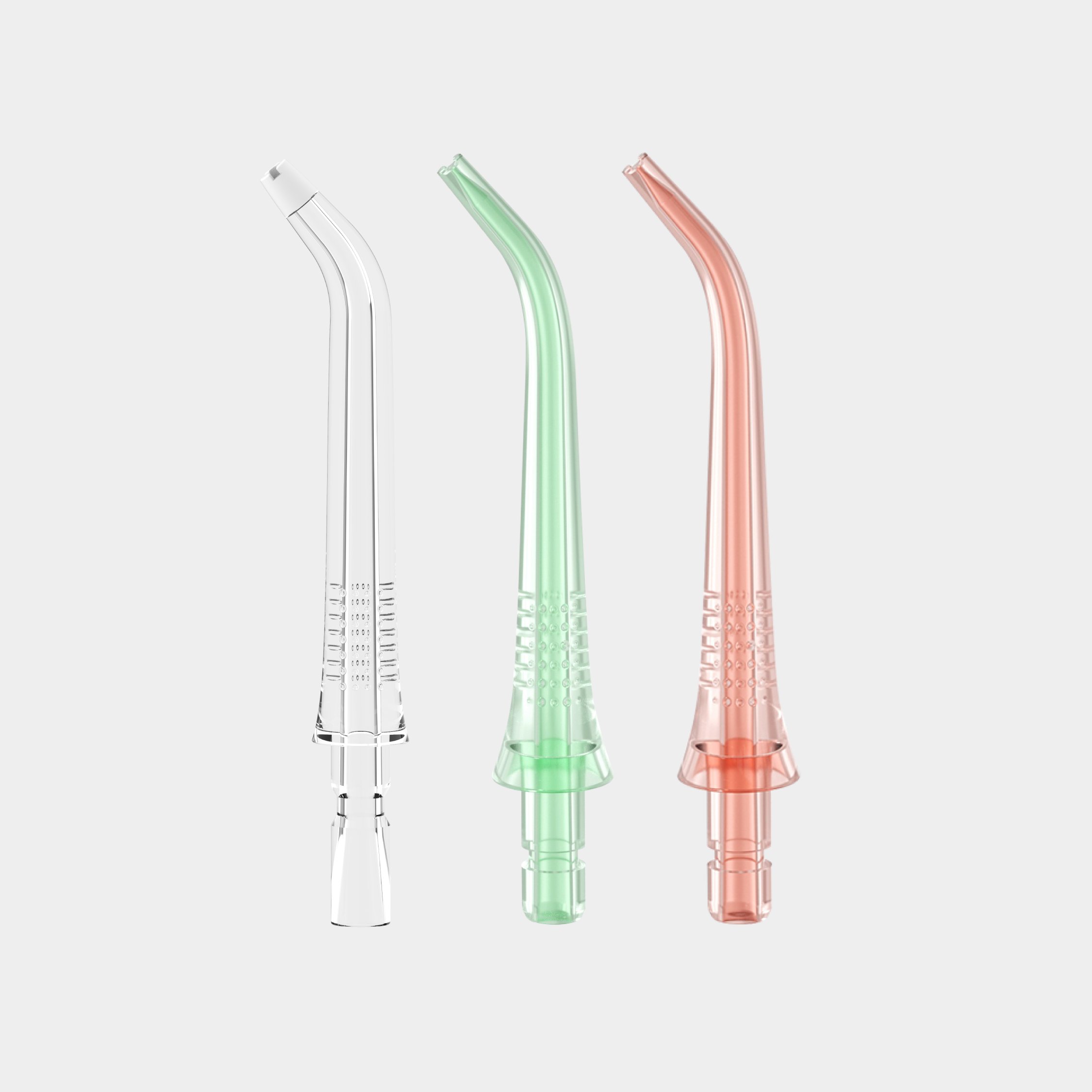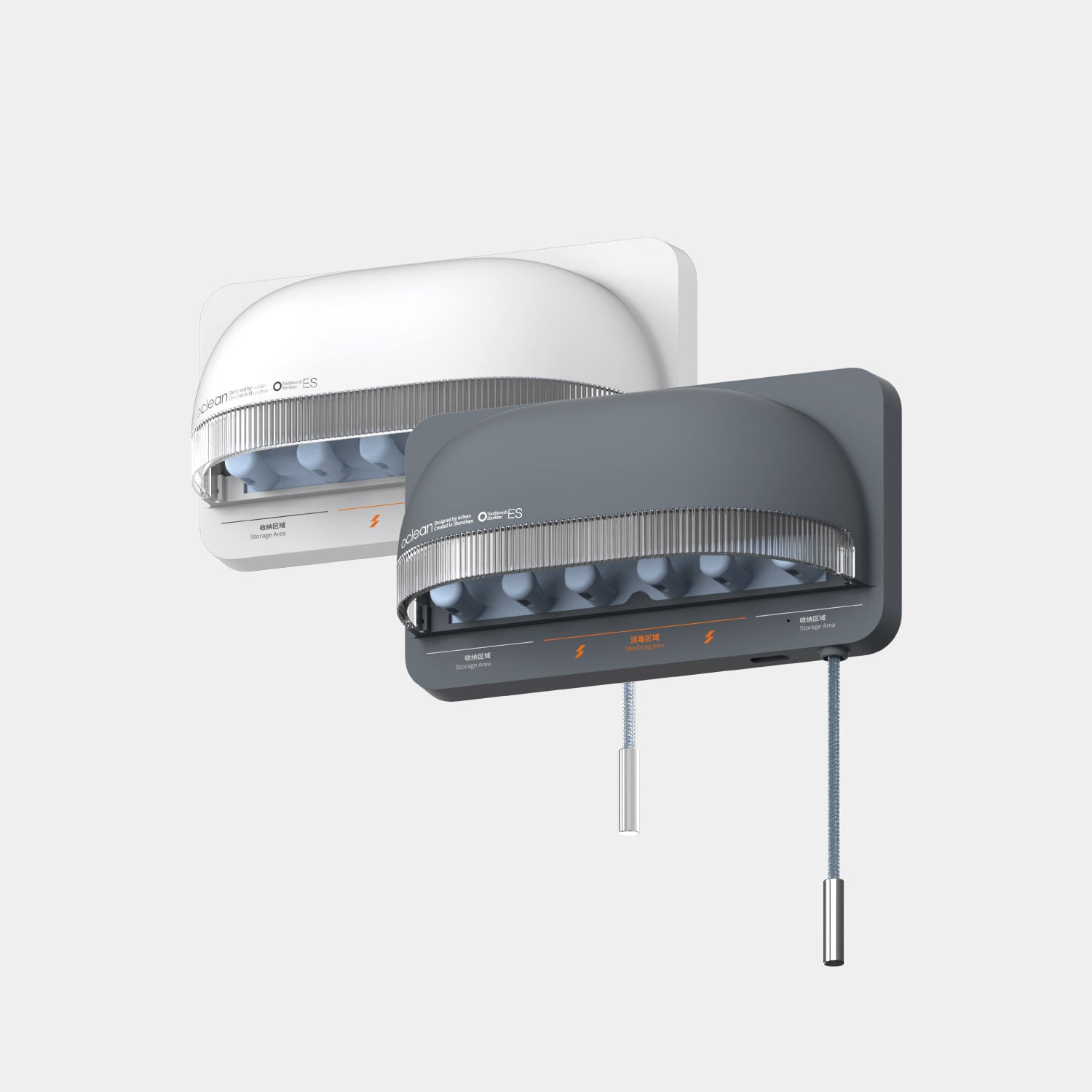Chipping a tooth is more than just an annoyance. Most people think that a chipped tooth is embarrassing, affecting your smile and appearance. But, depending on the level of damage, a chipped tooth can be much more severe, leading to infections and the risk of a root canal procedure.
Of course, each situation is different. Your dentist will have to inspect and evaluate your chipped tooth to decide if a root canal is possible to fix the damage. Understanding why teeth chip, what a root canal is, and whether it’s a suitable treatment for a chipped tooth is crucial to getting the best treatment.
Understanding Chipped, Broken, or Cracked Teeth
Chipping, breaking, or cracking your teeth usually isn’t serious. Your teeth are made from an extremely hard substance designed to handle decades of wear and tear. However, even this material can still break if enough force is placed on it.
If you have a broken tooth, place it in milk or saliva to store it. Then, take it to the dentist with you, and they can glue it back on. You’ll want to call your dentist immediately to book an emergency appointment. Usually, the dentist will glue the fragmented tooth back on – if the damage is too bad, then a filling or crown may be necessary. In the worst cases, your dentist may advise on a root canal procedure (see below).
Causes of a Chipped Tooth
Why does your tooth chip? The most common reason is some kind of trauma to the face or mouth. The blunt force causes a piece of the tooth to chip off. Often, people are involved in some kind of sport.
Another reason is excessive force when biting a hard object, such as a utensil, pen, or other item. These kinds of chips are typically easy to remember. Blunt force trauma causes much more damage, requiring more complicated treatment.
Lastly, a chipped tooth is more likely to occur if the teeth are weakened. This might be due to lifestyle habits (e.g., a poor diet) or an underlying medical condition that affects the mineralization of teeth. Some people also grind their teeth at night (bruxism), placing excessive pressure and wearing the teeth down.
What is a Root Canal?
A root canal is one of the most invasive dental procedures, aside from the removal of a tooth. It involves removing the damaged or infected tooth pulp from the centre of the teeth. This pulp contains the nerves and blood vessels supplying the tooth and enters via the tooth’s roots, which secure it to the jaw.
During the procedure, the dentist will drill down through the tooth to access the pulp. The pulp is then carefully removed, and the area is thoroughly cleaned. Afterwards, the region is gradually filled to leave a strong, non-painful tooth. A root canal is always performed with anaesthetic – usually just local anaesthetic. You will need a few days of recovery after the procedure, as well as a follow-up appointment.
Can You Get a Root Canal with a Chipped Tooth?
Yes, a root canal is one of the treatments for a chipped tooth. Your dentist has three options for treating chipped teeth:
1. Gluing the fragment onto the tooth
2. A filling or crown (that covers the broken tooth)
3. A root canal treatment
The root canal procedure is the most severe of the options, removing the entirety of the tooth and adding a large filling. It’s reserved for the most badly damaged teeth when the nerve endings are exposed. In such cases, there’s no hope of saving the tooth pulp or fixing the damaged area.
Root canal treatment is typically reserved for cases of severe trauma or deep decay, as it requires substantial damage to necessitate such intervention. Dentists prioritize preserving as much of the natural tooth as possible, making this a less frequent option.
Is a Crown Necessary After a Root Canal?
That depends. The root canal procedure is primarily targeted at removing the exposed nerve root. It will relieve any pain you feel and give a blank canvas for the dentist to work from. The issue is that it does not address the aesthetic concerns. If your tooth is severely broken, then it likely cannot be fixed by simply filling in the root canal.
Often, patients opt for a dental crown or dental veneer, depending on how much of the tooth is left. This disguises the underlying broken tooth and gives patients a perfect smile.
How to Manage a Chipped Tooth
Following the Procedure
Whether you’ve had a root canal, a filling or crown, or just had the chipped piece glued back on, it’s important to manage the problem correctly. Following a root canal, you should not feel any pain in the affected tooth – as the nerve is removed. There may be some mild sensitivity in the surrounding teeth due to the dental work. This usually subsides within 1-2 days.
You can take over-the-counter medications like paracetamol and ibuprofen if you’re experiencing any discomfort. Speak to your dentist about your pain options.
Invest in a Sonic Electric Toothbrush
Maintain good oral hygiene going forward. That means brushing twice a day for two minutes using a high-quality toothbrush. It’s smart to invest in a sonic electric toothbrush, allowing you to achieve a deeper cleaning without applying so much pressure.
The Oclean X Pro Electric Sonic Toothbrush uses a maglev motor to achieve 84,000 movements per minute. It has 3 modes and 32 intensities to give you the best possible cleaning, ensuring your filling, crown, or veneer remains healthy and stable. With a customized brushing plan, it’s never been easier to guarantee effective cleaning.
Manage Your Diet
Lastly, there’s your diet. Avoid eating excessively sugary foods that can damage your teeth and increase the risk of sensitivity. That’s especially true after a major dental procedure. Let your mouth rest, and eat a healthy, nutritious diet to support your recovery, including whole foods (whole grains, lean meats, fruits, and vegetables).



